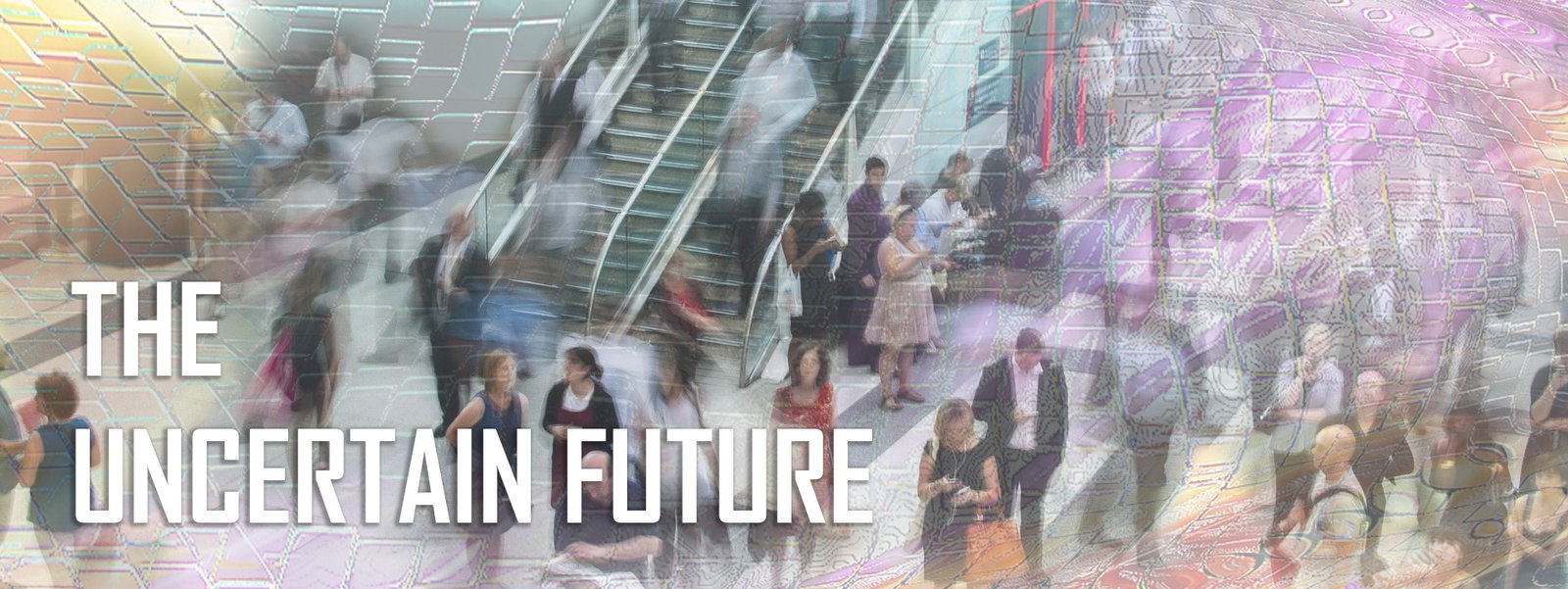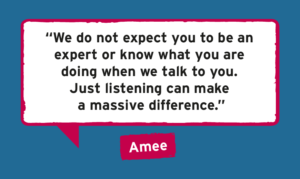
We have yet to fully understand the consequences of the damage done to the economy and how those consequences will play out. Many of us will experience challenges to our health, relationships, mental health, finances, education and employment. Those with a healthy degree of personal resilience will adapt better than those without it. Here are some tips for developing personal resilience.
1. Take On Challenges
Human beings are beasts of burden. We are built to contend with the world and with the problems life serves up to us. Understanding that ‘being happy’ is not a meaningful goal in itself and is not the default state for most of the people most of the time, we can learn to embrace difficulties and deal with the ‘slings and arrows of outrageous fortune’ as someone famous once said. Being open to and moving towards new challenges in our lives is something that all resilient people do. If it’s easy then it’s not a challenge.
2. Start Small
You already know what you should be doing to make yourself a better person, but take it easy to begin with. Set yourself some goals that are achievable and have a good chance of success. Begin by establishing a simple routine. Don’t set the goal of running a marathon or changing the world. Fix the small things in your life that you know you can do. Before setting out to renovate the whole house, just try cleaning and tidying up one room. Recognise the small things you have control over and take small steps to bring order where there is chaos. What’s important isn’t necessarily the thing you are doing but the fact that you are taking forward steps to meet an uncertain future. You are demonstrating to yourself and to others that you are the person who goes forth to meet the challenges rather than shrinking from them.
3. Don’t Make Excuses
We are all prone to blame others for problems in our lives and, whether we are right about apportioning blame or not, this is not a mindset that will help us to overcome adversity. There are clear advantages to blaming others but if we are honest with ourselves we know there is something we can do ourselves to make things better. There will always be ‘good reasons’ for not doing what we know we should be doing. We may or may not know exactly what those things should be but to make excuses by blaming other people, or bad luck or the weather, is not the way forward. The only thing more insidious and counter- productive than making up excuses for our inaction involves the game of trying to extract sympathy for our plight in an attempt to be absolved of the responsibility to do what needs to be done.
4. Develop Resilience
In the post-pandemic world there is a crisis of confidence and security in our capacity to keep ourselves and our loved ones healthy and safe. It’s never a good idea to feel too safe. The world is a dangerous place and feeling safe may offer some comfort, but it may also lead to complacency. Developing personal resilience is akin to strengthening our immune system and having our own PPE to protect us from the harmful stresses and anxieties that can bombard us when we worry about an uncertain future. Better to feel strong and alert, rather than merely ‘safe’.
5. Toughen Up
‘You need to toughen up’ is not a popular message to put out there and may be seen by some as offensive and unhelpful. ‘Toughen up’ is just a short-hand way of saying ‘Increase your tolerance for discomfort and pain’. You may not know it but you are tougher than you think. No one gets to be strong without going through experiences that have hurt them in some way. No one gets to be strong lying in the sunshine and being fed peeled grapes all day. There comes a point when you may need to stand up to a bully, to weather a storm or to endure physical or mental distress in your life. The idea is to willingly expose yourself to small doses of those things that cause you distress with the aim of building up a tolerance for them. Initially this just means thinking about them and imagining how you will confront them. Cognitive Behavioural Therapy (CBT) uses this technique to build psychological tolerance. Mental strength and tolerance, like physical tolerance and endurance, is only achieved through practice and a willingness to accept some level discomfort or pain.
6. Become Disciplined
Discipline is all about imposing order on chaos. If you want to be good at anything in life you need to practice and the most effective and efficient way to achieve mastery at anything is to adopt a disciplined approach. Designing a schedule and sticking to is one of the most powerful things you can do to set yourself on the right path. Acknowledging at the beginning of every day that your resilience will be challenged in ways you have not yet imagined, will in itself help to prepare you. Practicing disciplines like gratitude, mindfulness and setting yourself daily, weekly and monthly goals will all help you to become better able to adapt in the face of an unknown and potentially chaotic future.
7. Just Do It
Once upon a time you learned to walk. Then you learned to run. You may have learned to ride a bike or to swim. You probably didn’t get it right first time. You probably learned in a place where there was a carpet, or a paddling pool or had training wheels. You more than likely fell over or floundered around at some point but in the end you learned by doing it. Then once you did it a few times you demonstrated to yourself and others that you could do it and you had the confidence to carry on doing it without even thinking about it. The one thing we know about the future is that it will contain surprises for us. We also know that we will be called up to respond to it in some fashion. The choices we make will be influenced by our confidence in our ability to adapt. In many ways resilience is about response-ability. Those who respond best are those who have practiced. Those who just do it.
Try out our free courses here https://embraceresilience.com/free-courses/
For more information contact: mburke@embraceresilience.com










